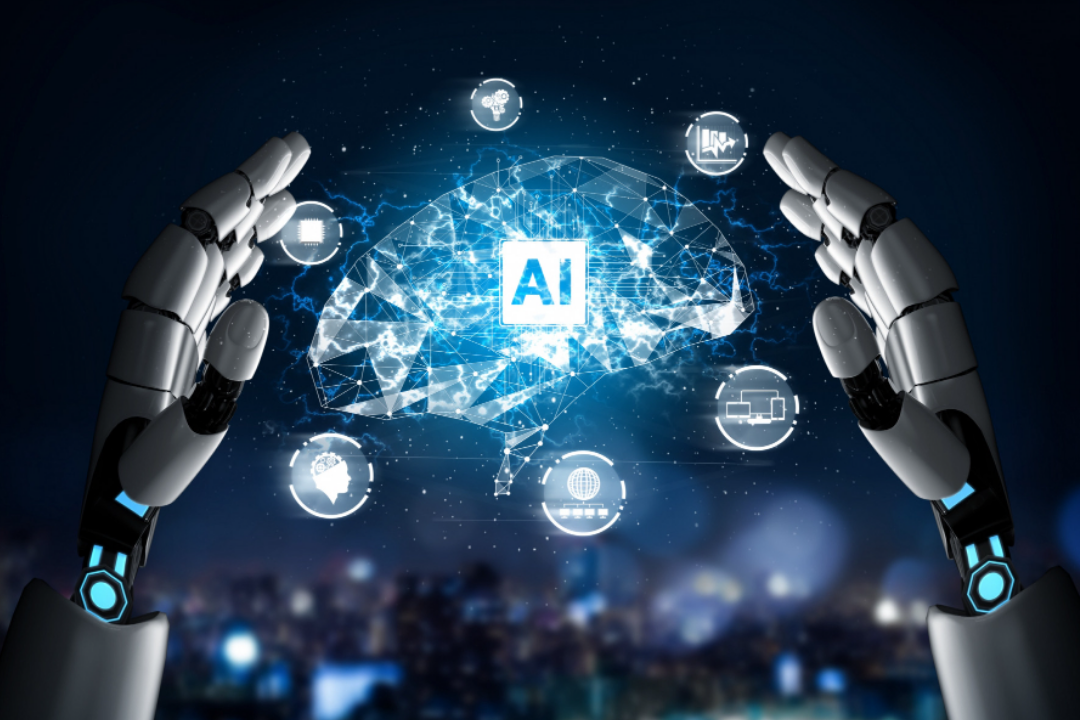Artificial Intelligence in Business Process Management

Over the last decade or so, Business Process Management (BPM) tools were the harbingers on which digital transformation blossomed. The main objectives of BPM revolved around effective resource utilization, eliminate legacy processes and optimizing cost-drivers.
There was a need for businesses to be more agile and align the department goals with organizational goals. With advancement in technology, the idea of collaborating business processes with Artificial intelligence (AI) makes it more robust and complete.
AI has undoubtedly transformed the world with its multi-faceted application areas. AI becomes more predominant, if businesses are successful in connecting AI to the prevailing BPM tools. The combination can work wonders for businesses as it will reduce human intervention and cut out more of the processes. It will also bring everything into the digital medium which produce a sense of reproducibility, repeatability and helps in delivering a better service/product to stakeholders.
BPM and AI for Digital Platform
BPM and AI for digital platform enables businesses to leverage the power of BPM and AI in one single platform. It has been a popular choice for businesses in the sales side of the business. CRM is a great example, which can be the forerunner for such an integration.
Data analysis, which is carried out by the sales and the marketing team, help them analyze the most preferred targets, past performance future trends. Once AI starts collaborating with CRM, it can provide them a predictive model which will also assist them in arriving at decisions by determining the type of market, accounts and verticals to focus on. This can be taken to the next level by further personalizing marketing efforts for each market and account.
Since Machine learning can control the reproducibility factor, this will allow the sales and marketing team to work on complex processes which drives efficiency and productivity in the business. This usually results in higher business conversion rates.
In a nutshell Business Process Management and Artificial Intelligence for digital platforms can be crucial to organizational success.
BPM and AI: What’s going to work?
It requires a sharp change in mindset to associate digital transformation activities including BPM and AI for digital platform to scale up in a brief period.
For enterprises the alignment can work, if a few things are set in the pecking order:
Adopting A Hybrid Approach
The biggest issue faced by enterprises today is the low-end repeatable tasks. This is where a major chunk of the efforts are spent.
Once AI can become successful in automating repeatable tasks, the same employees can work on complex and creative tasks. The next step would be to focus on complex tasks which will have a direct impact on productivity.
Synchronizing Business Data with Organizational Goals
Organizations should automate data collection by directly linking it to user experiences. This will help them in understanding what the customer wants and what can be improved upon.
Facilitating A Culture Of “Value Addition”
By unifying business goals, the work culture will be concentrated towards improvement. This will facilitate value addition.
Merging AI With Raw Data
There is a need to use creative human minds more efficiently. This can happen if the raw unstructured data will be used with data analytics and employees can develop algorithms for complex business predictions.
Experimentation
Business Process Management works extremely well with multi-variate technologies and digital platforms; Whether its IoT, advanced computing, robotic process automation and other open source communities. Organizations should be ready to experiment with AI-BPM combination to learn and trail until they find a break through.
The Role of AI in Business Process Management
Automation of repetitive tasks:
In traditional BPM, numerous repetitive tasks consume valuable time and resources. AI enables the automation of these tasks, freeing up human workers to focus on more strategic and creative activities. By employing machine learning algorithms and robotic process automation (RPA), AI can handle mundane, rule-based tasks accurately and efficiently. This streamlines operations, reduces errors, and enhances productivity across various industries.
Predictive analytics and decision-making:
Artificial Intelligence ability to analyze vast amounts of data and identify patterns makes it invaluable for predictive analytics in Business Process Management. By leveraging AI algorithms, businesses can make data-driven decisions and anticipate future trends. AI-powered predictive analytics allows organizations to optimize their processes, forecast customer demand, improve resource allocation, and mitigate risks. This enables faster, more informed decision-making, leading to improved efficiency and competitive advantage.
Intelligent process automation:
Intelligent process automation combines AI with Business Process Management allowing organizations to automate and optimize complex workflows. Artificial Intelligence technologies, such as natural language processing (NLP) and computer vision, enable systems to understand unstructured data, extract relevant information, and automate decision-making processes. This integration of AI and BPM helps businesses achieve end-to-end automation, reducing manual intervention, enhancing accuracy, and ensuring faster process completion.
Summing it up
Artificial Intelligence and Business Process Management are an exciting combination which can foster innovation at the grass root level. Process being an extremely crucial component of enterprise transformation, it can trigger change which can be carried across the organization and in some cases beyond organizations.
Are you making the most of your AI driven BPM Programs?
I would love to hear your thoughts and experiences with the same.

